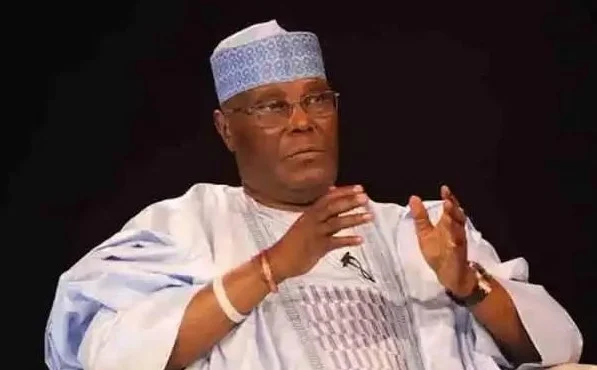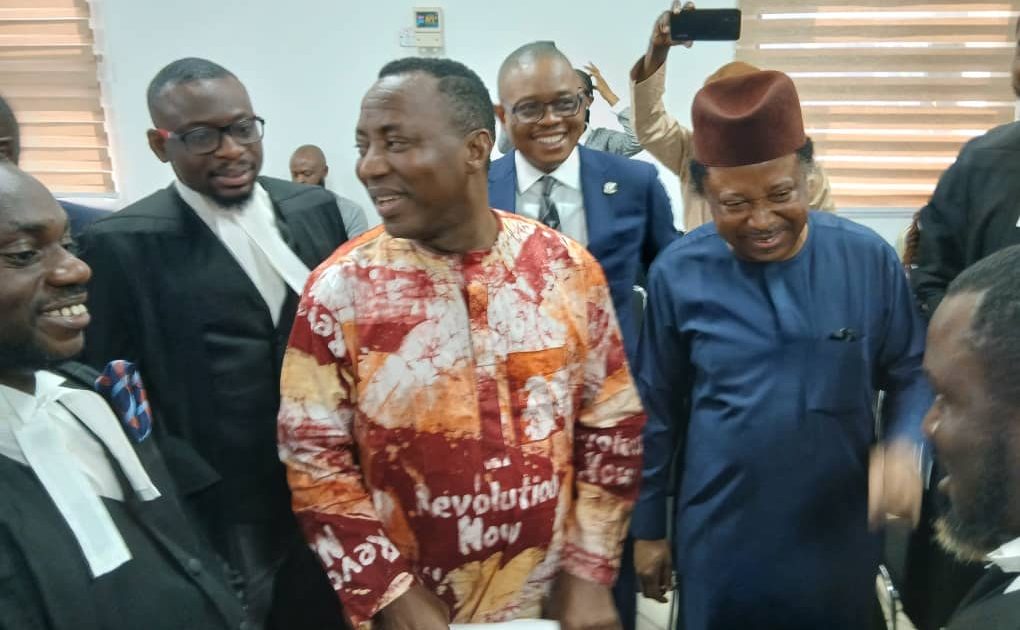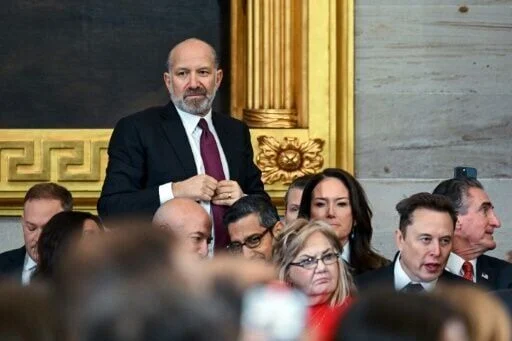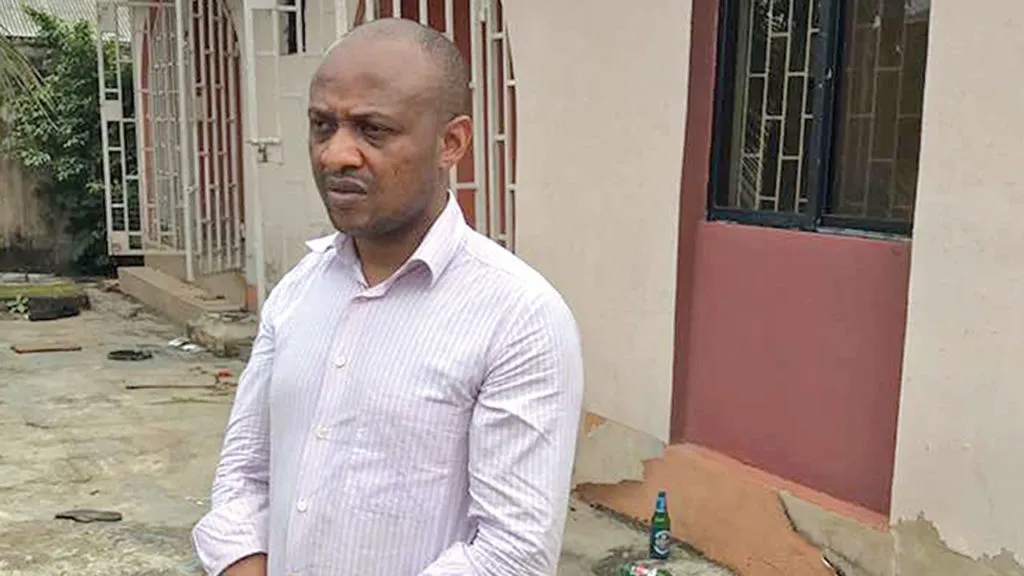Former Vice President Atiku Abubakar has once more challenged the federal government to unveil the complete expenditure of the Lagos-Calabar Coastal Road endeavor, igniting a contentious discourse concerning transparency and accountability in infrastructure development. In a communiqué, Atiku, the Peoples Democratic Party (PDP) nominee in the 2023 presidential race, posed probing inquiries concerning the financing and execution of the project.
Atiku’s scrutiny revolves around the allotment of N1.06 trillion for the pilot phase of the project, covering a meager 6% of the overall distance from Eko Atlantic to the Lekki Deep Sea Port. He queries the justification behind such extensive governmental funding for a project ostensibly structured as a public-private partnership, expressing reservations about cost-effectiveness and fiscal prudence.
Particularly, Atiku demands elucidation on how the Tinubu administration secured the project design and right-of-way within a brief span of seven months, especially considering claims that previous administrations under Goodluck Jonathan and Muhammadu Buhari had not progressed the project. These inquiries underscore broader apprehensions about project governance and procurement procedures across successive administrations.
In response, the President’s Special Adviser on Information and Strategy, Bayo Onanuga, rebuffed Atiku’s contentions, urging him to substantiate his assertions with precise facts. Onanuga dismissed Atiku’s critique, asserting that neither the Buhari nor the Jonathan administrations had awarded contracts for the construction of the Lagos-Calabar Coastal Highway at varying or revised amounts.
According to Onanuga, the government’s emphasis has been on the Lagos-Calabar Coastal Railway, envisioned as part of the standard gauge national rail network, rather than the highway project. This clarification aims to redirect the discourse away from cost comparisons and underscores the government’s prioritization of railway infrastructure development in the region.
The interchange between Atiku and the government accentuates broader concerns about transparency, accountability, and public procurement in Nigeria’s infrastructure ventures. Atiku’s persistent interrogations reflect a mounting clamor for augmented transparency and scrutiny in governmental expenditure, particularly in high-profile projects with substantial financial ramifications.
As the deliberation persists, stakeholders will scrutinize the government’s rejoinder and seek further clarification on the expenditure, scope, and financing mechanisms of the Lagos-Calabar Coastal Road project. The outcome of this dialogue will bear implications for subsequent infrastructure development initiatives and governance protocols in Nigeria. Ultimately, the resolution of these quandaries will dictate the triumph and durability of endeavors to enhance the country’s infrastructure and stimulate economic advancement.
-31 January 2025




